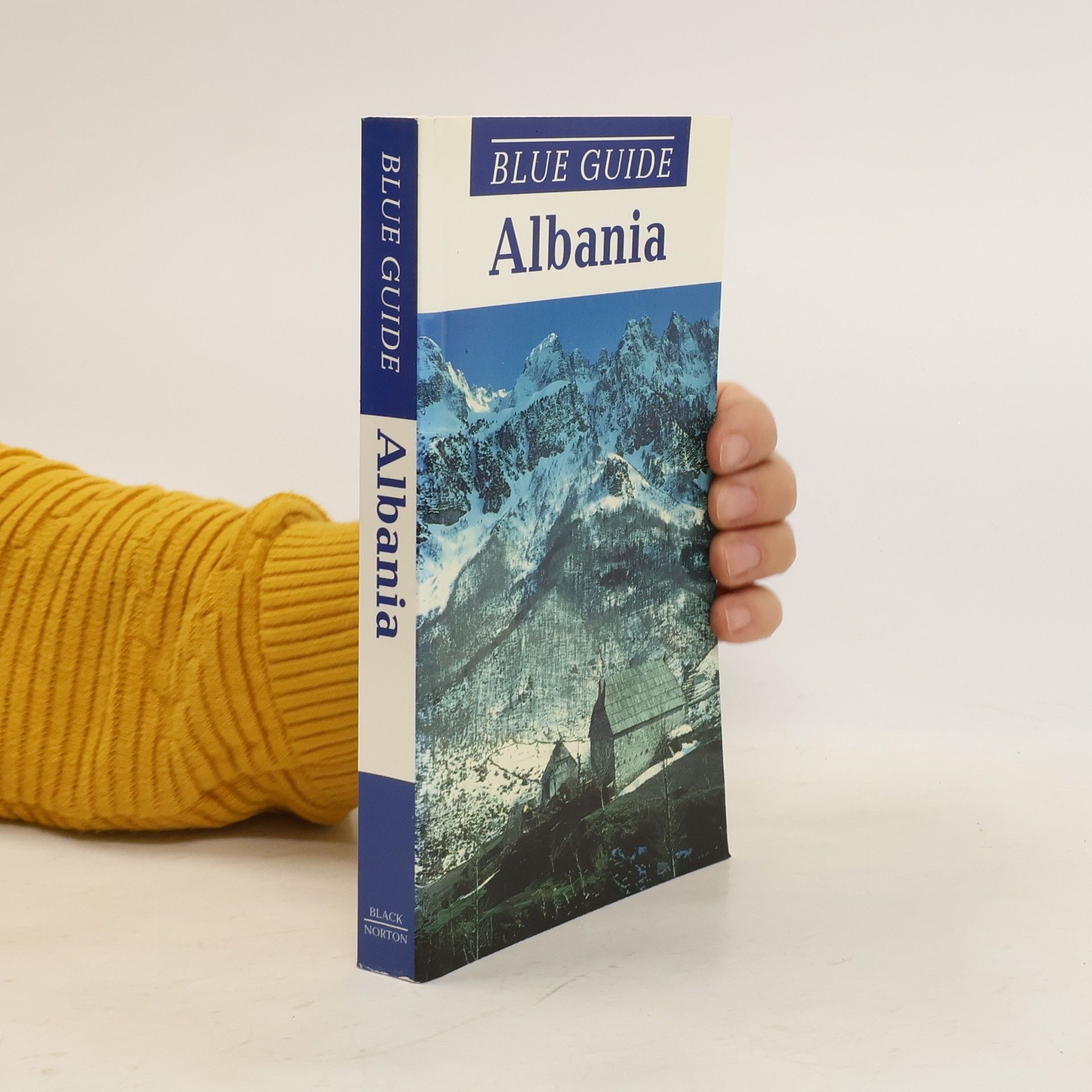This guide to Albania and Kosovo gives advice on: security and travelling conditions, where to stay and eat, communications and health, and local values and customs. It also features descriptions of places of historical and cultural interest, and directs readers to areas of dramatic natural beauty.
James Pettifer Livres
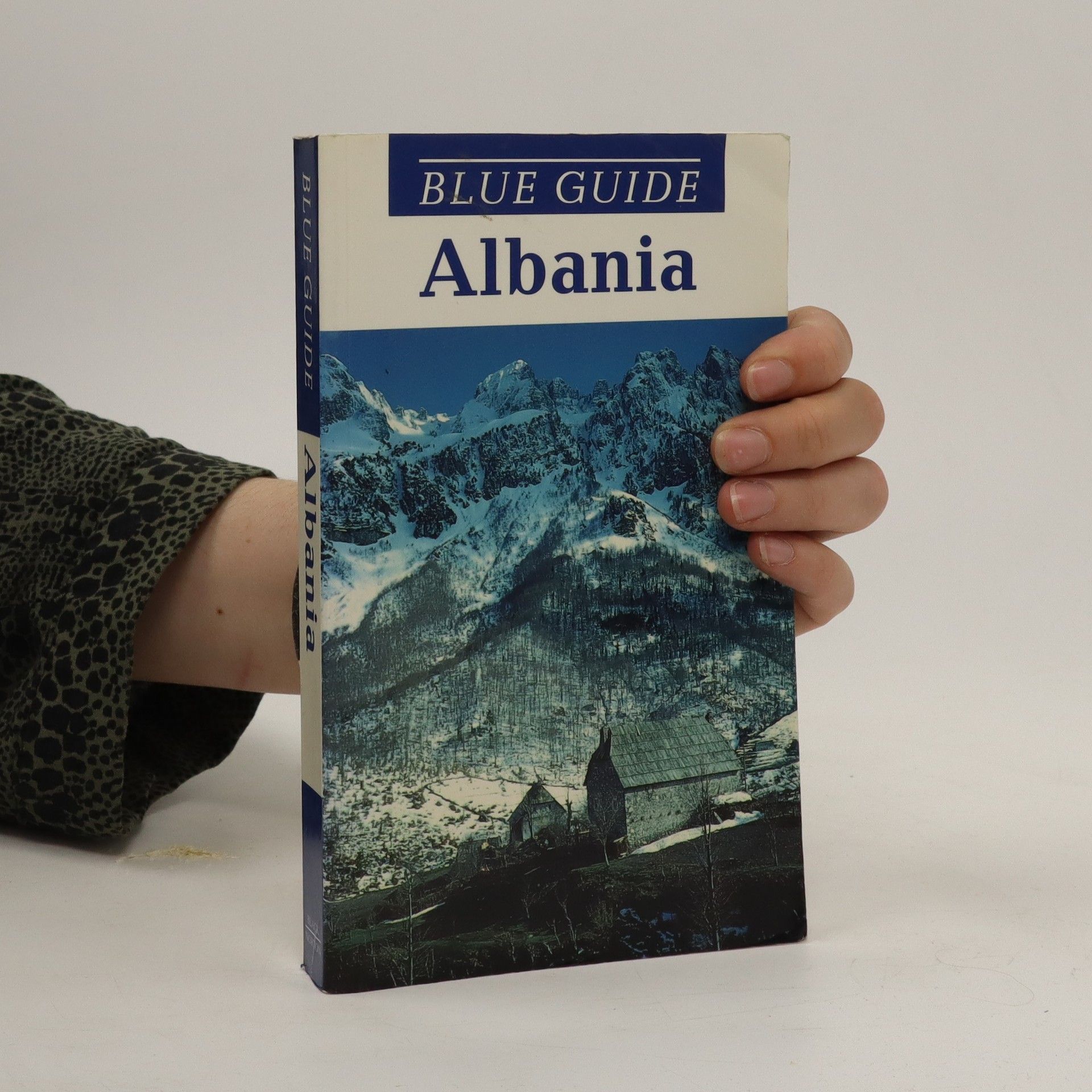
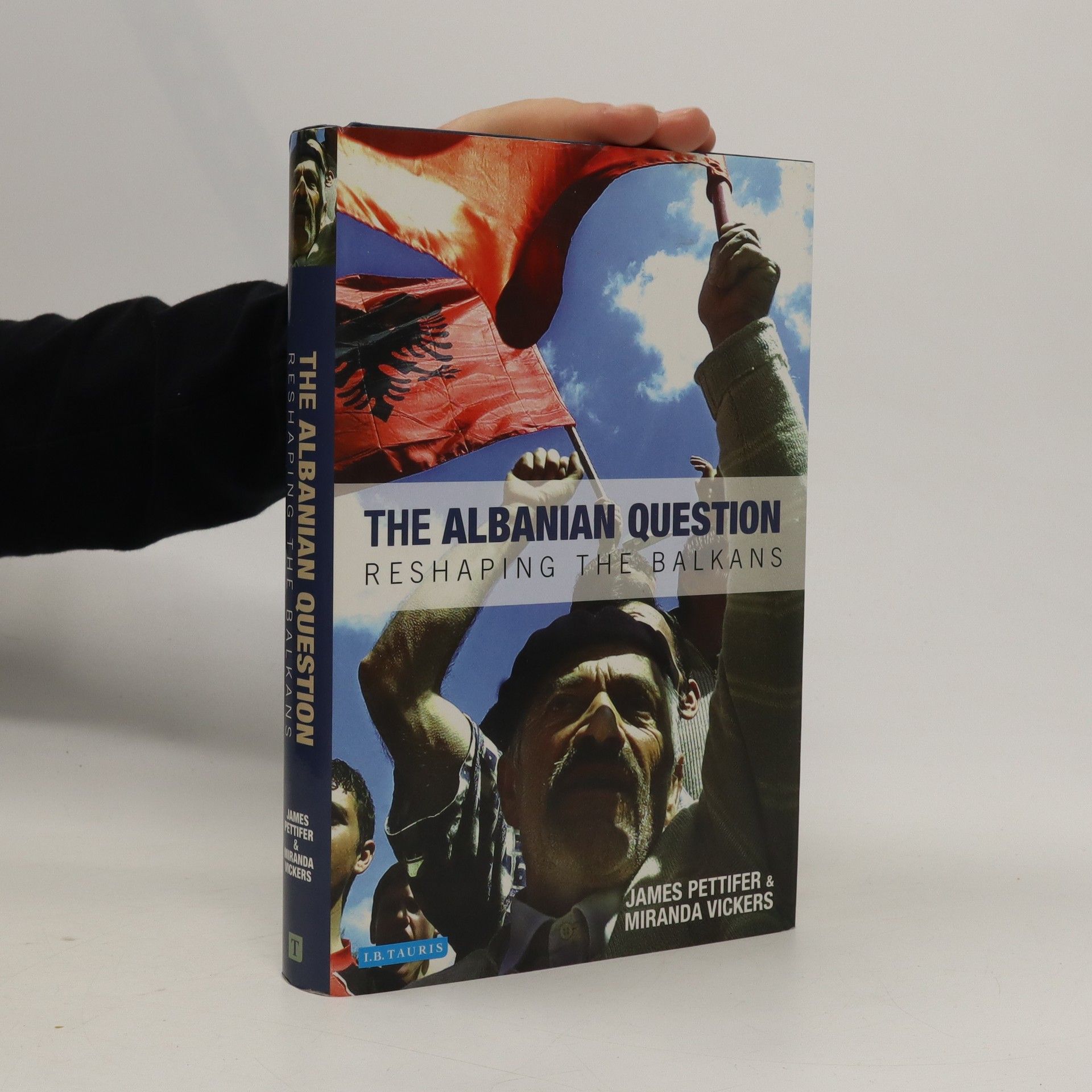
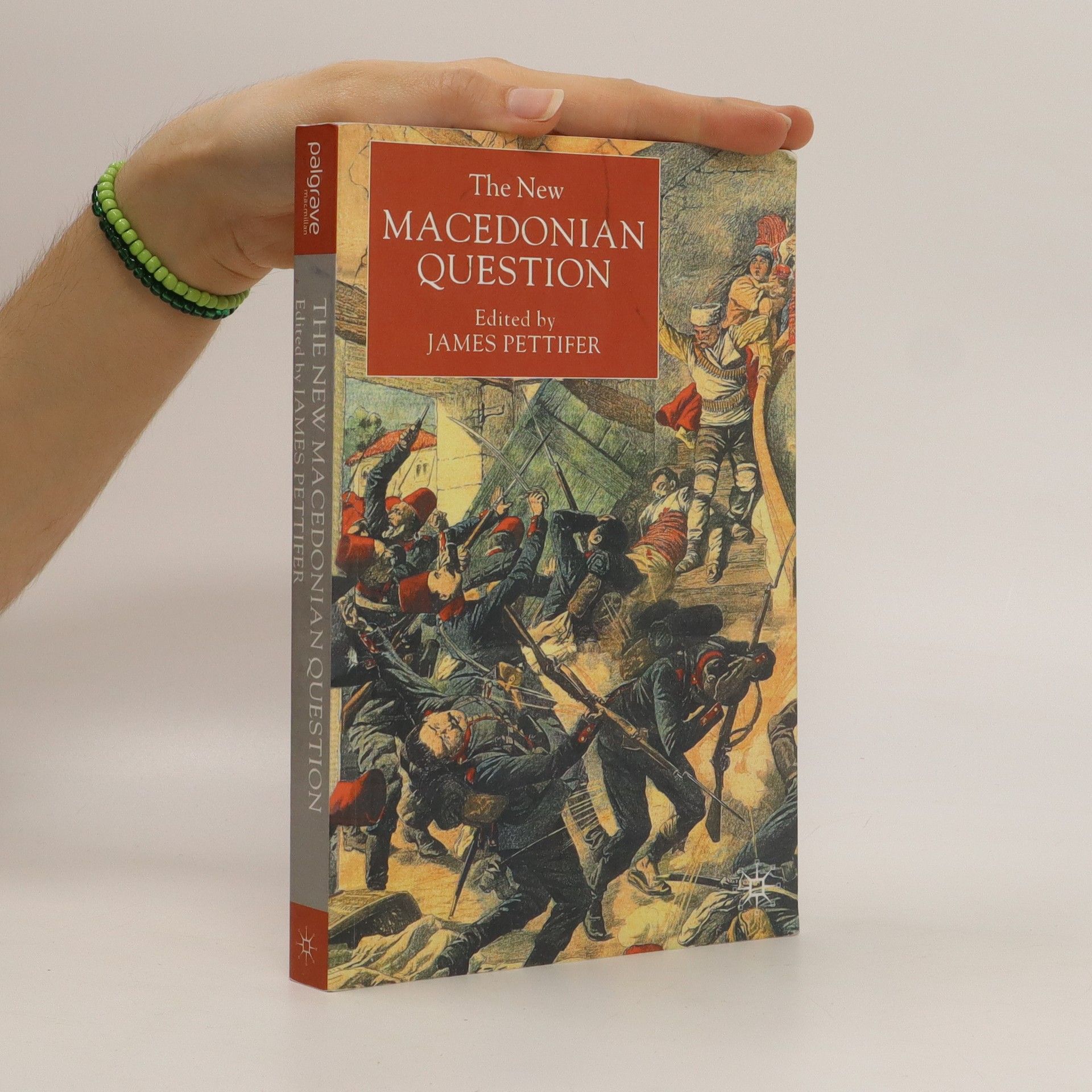
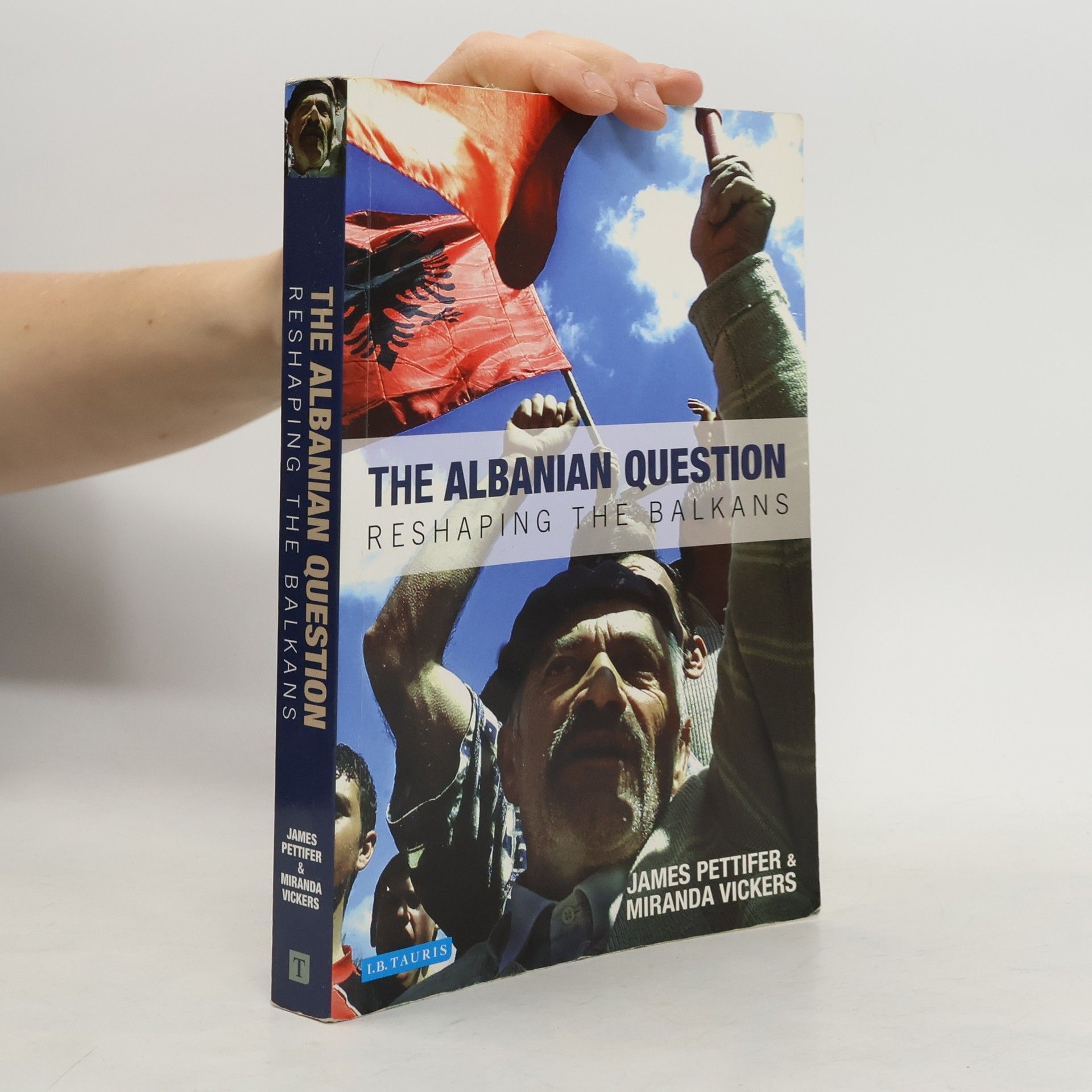

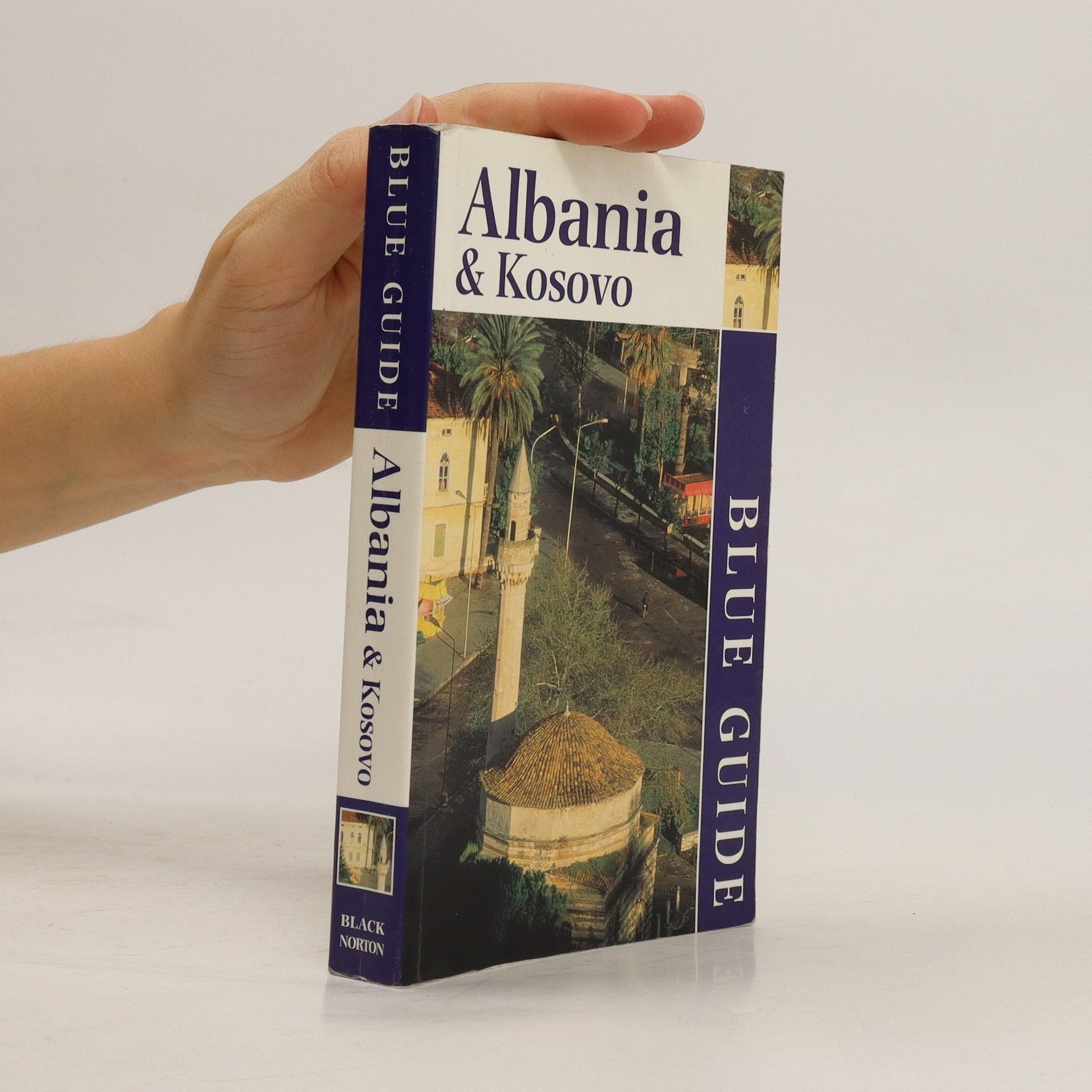
Covers mainland Greece, the cradle of western civilization. Includes information on developments in archaeology. Full-colour throughout with detailed maps and diagrams. Includes Blue Guides Recommended dining and accommodation suggestions.
Kosovo’s declaration of independence in 2008 -- and the overt manipulation of this precedent by Russia in its war with Georgia and South Ossetia shortly afterwards -- has focused the world’s attention once again on the Balkans. But Albania’s role within the region remains little known and less understood. In this revised edition of a major work of contemporary history, two well-known and internationally-respected authorities elucidate Albania's place in the Balkans, from the explosion of violence in the 1990s, which brought the country to the brink of civil war, to the present day. Since 1997, the Albanian region has been forced simultaneously to come to terms with the realities of a post-Communist world and the threat of Slobodan Milosevic’s ‘Greater Serbia’ project. Its people, the authors argue, are involved in the process of national self-emancipation: the re-establishment of free markets and ending of Communist border controls have renewed long dormant cultural and economic links between the Albanian people and the wider region. The future of the Albanians in the Balkans is the most pressing issue in the region today, a fact which the West must pay close heed to if this long neglected nation is to become a European partner. Indeed, the authors argue, in this rapidly evolving political climate, failure to come to terms with the importance of the Albanian question could return the region as a whole to armed conflict.
The New Macedonian Question
- 355pages
- 13 heures de lecture
The Macedonian Question has been at the heart of the Balkan crisis for most of this century. This book brings together international experts to analyze the recent history of Macedonia since the breakup of Yugoslavia and includes analyses of key issues in ethnic relations, politics, and recent history.
In 1997 the previously little-known and isolated Balkan country of Albania exploded as the first armed uprising in mainland Europe since the 1920s brought the country to the brink of civil war. As the violence spread first to neighbouring Kosovo, then to south-east Serbia and finally to former Yugoslav Macedonia, the Albanian question increasingly took center stage in world affairs. This book examines Albania's place in the Balkans, a region which had been forced simultaneously to come to terms with the realities of a post-Communist world and the threat of Slobodan Milosevic's ""Greater Serbia"" project.
Blue Guide: Albania
- 192pages
- 7 heures de lecture
Up-dated and expanded, this is a new edition of the widely acclaimed Blue Guide to the history, topography and archaeology of this fascinating but little known country. An indispensable reference book, providing a wealth of previously obscure information on many aspects of Albanian life and culture. Up-to-date and comprehensive practical advice, including information for business travellers; maps, plans and illustrations.
This collection, which includes material hitherto difficult to access, will be an essential tool for all students of the history, international relations and contemporary politics of an increasingly critical region on the interface of Europe and the Middle East.
Blue Guides: Albania
- 256pages
- 9 heures de lecture
This is a guide to Albania, a country about the same size as Wales, with a population of 3.5 million. The book looks at Albania's classical sites, Byzantine churches and Ottoman architecture, its landscapes, beaches, forests, mountains, wildlife and ethnic minorities. The guide offers practical advice for independent travellers, with up-to-date information for business visitors.

